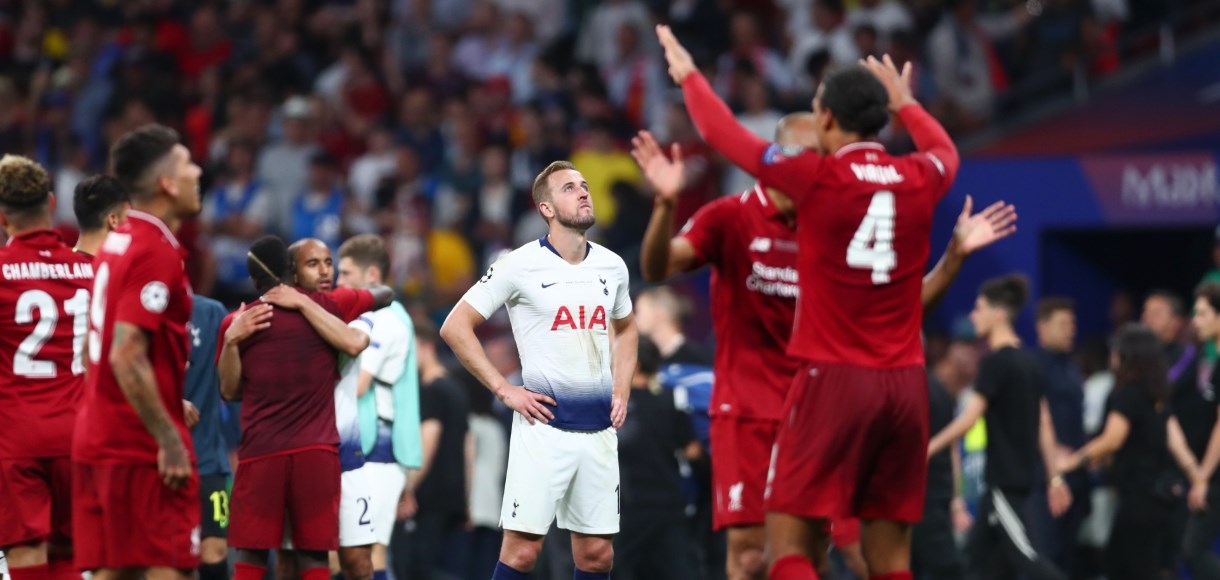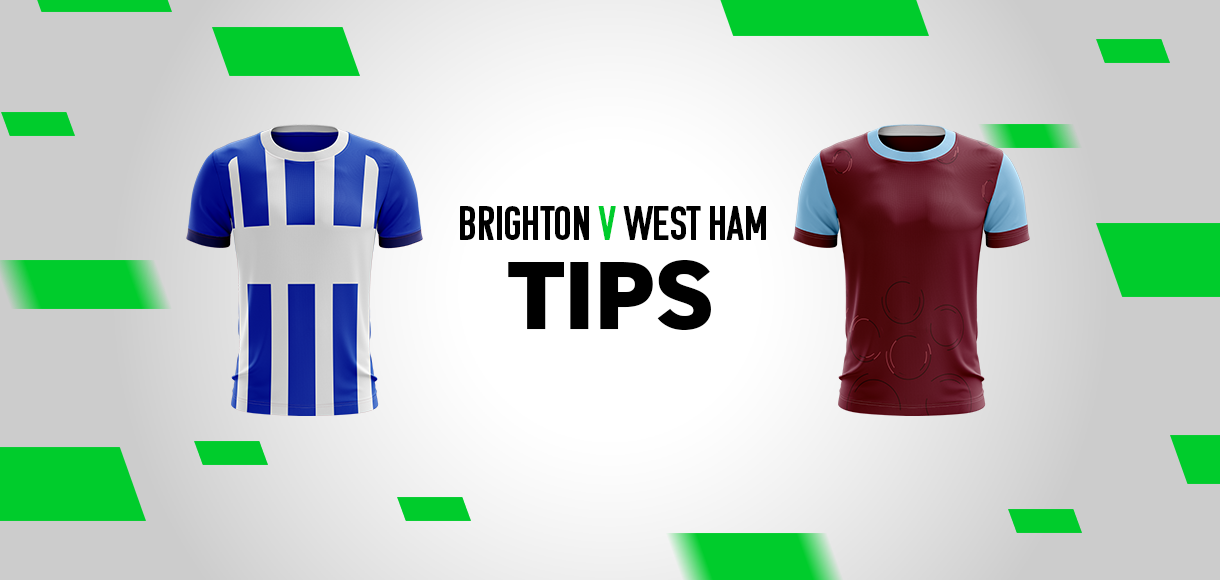5 things Liverpool did to leave Spurs behind

Liverpool and Tottenham were in similar positions when Jurgen Klopp was appointed in October 2015. What have the Reds done since to pull clear of Spurs?
Spending big and spending smart
Since Klopp was appointed as Liverpool boss four years ago, the club have spent £398m on 14 first-team players, at an average of £28m per signing.
In the same time, Tottenham have spent £287m on the same number of new recruits, at an average spend of £20m.
But Liverpool have not just spent more than Tottenham, they have also spent smarter.
Of the 14 players purchased by Klopp, only Ragnar Klavan – sold at a loss of £3m – failed to make any impact. Loris Karius, perhaps, though he still displaced Simon Mignolet as Liverpool’s No.1 before his shocker in the Champions League final.
Down in London, Georges-Kevin N’Koudou and Vincent Janssen were both expensive flops who were sold for a combined loss of £18m. Serge Aurier is almost certain to join that list all the while he continues to cost the club points at right-back.
Ryan Sessegnon is yet to play for his new club, the jury is still out on Giovani Lo Celso, and Tanguy Ndombele has a club-record fee to justify. They all need to prove a success if Spurs are to close the gap.
Replacing key players
This disparity in business savvy is also reflected in the way both clubs have reacted to the loss of key players.
When Liverpool lost Philippe Coutinho in January 2018, they immediately reinvested the £130m fee in Virgil van Dijk and Alisson.
The following season, the Reds boasted the best defence in the league, keeping 21 clean sheets and conceding just 22 goals.
When Tottenham lost Kyle Walker to Manchester City in 2017, Daniel Levy spent half the money on Aurier and Kieran Trippier was promoted to first-choice right-back.
He proved to be a decent stop-gap, but Spurs’ failure to properly replace Walker’s pace and energy meant their style of play was completely changed.
Their marauding full-backs, for so long one of their key attacking outlets, disappeared, along with the best team that Pochettino has assembled at Spurs.
Paying stars their worth
Liverpool’s big, but smart, spending under Klopp has also proven to be a long-term investment.
They have not shied away from handing out big contracts, with 12 players at the club currently earning more than £100,000 per week.
Levy, meanwhile, has attempted to keep Spurs’ wage bill as low as possible, tying players to long deals on far less money than they are worth.
There are currently just six players at the club on a six-figure weekly wage, compared to 13 at Manchester City, 12 at Chelsea, 11 at Manchester United, nine at Arsenal, and seven at Everton.
As a short-term strategy, it has worked, with Tottenham assembling a world-class squad for very little.
Now, however, it is coming back to bite them, with several key players – Christian Eriksen, Toby Alderweireld and Jan Vertonghen – all able to leave the club for free next summer.
Levy’s frugality has, admittedly, allowed Tottenham to build a world-class stadium. The significant sacrifices he has made along the way, however, have seriously undermined the quality of the side that plays there.
Staying at home
Speaking of the Tottenham Hotspur Stadium, there can be no disputing the end product.
The club now possess the best ground in the country, while a 10-year deal with the NFL ought to grow the club’s global fanbase and significantly increase revenue.
The move has, however, come at a cost.
Tottenham were playing their best football under Pochettino when they made a temporary home at Wembley.
And, though the following two seasons were not failures, the club failed to build on their second-place finish in 2016-17 in their last campaign at White Hart Lane.
Liverpool, meanwhile, were able to stay at Anfield while increasing the capacity of their Main Stand by 9,000 seats.
Since Tottenham left their old stadium, Liverpool haven’t lost a league match at Anfield, dropping just 18 points.
Spurs, on the other hand, have lost eight Premier League home games, and allowed 38 points to slip through their fingers.
Taking the Europa League seriously
Liverpool were clearly the better team when they beat Spurs in the Champions League final last season, and that victory can be traced all the way back to Klopp’s first season in charge.
By March, both clubs were in the Europa League round of 16, with Tottenham drawn against Borussia Dortmund and Liverpool facing rivals Manchester United.
While Klopp fielded a full-strength team that earned a 2-0 lead to take to Old Trafford, Pochettino sent out a weakened side that were beaten 3-0 in the first leg and 5-1 on aggregate.
Liverpool went on to lose to Sevilla in the final, but the experience gained during that run helped Klopp’s side prepare for stepping back up to the Champions League.
They have reached the final in each of their last two seasons in the competition, and won their sixth European Cup last summer.
Pochettino’s decision to prioritise the Premier League may have paid off with a third-place finish, but their lack of know-how in big European games has shown in the years since.
They imploded against Juventus, needed a miracle to qualify from their group last season, and have won just one of their three matches so far this time around.
Should the core of Tottenham’s squad move on in the next couple of windows, then that learning curve will only get steeper.
Visit Betway's football betting page.





































